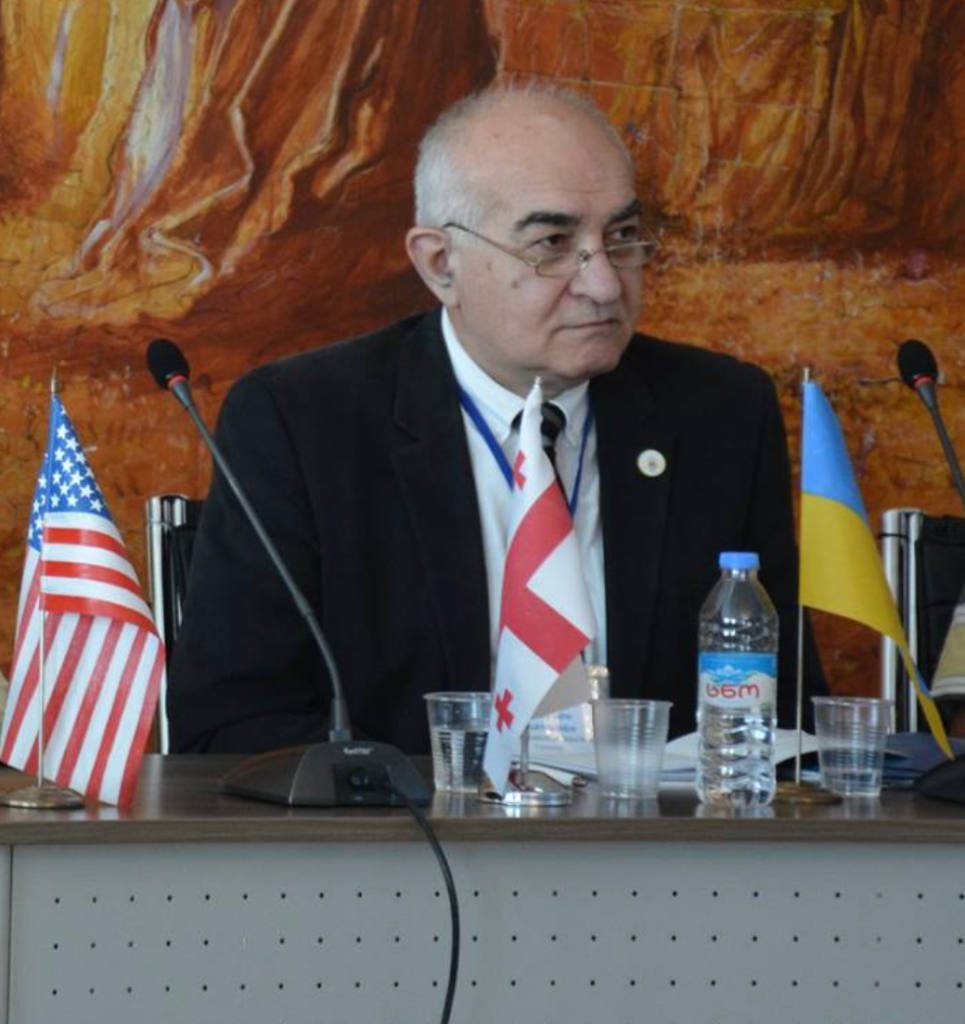Understandings of democracy and “good citizenship” in Ukraine: utopia for the people, participation in politics not required by Dr. Joanna Szostek, Lecturer in Political Communication, University of Glasgow
When: January 24th, 12:15-14:00 CET time
Where: Zoom-link: https://mau-se.zoom.us/j/63683894763
Description: This research presentation will explore how people in diverse peripheral regions of Ukraine understood democracy, their role as citizens in a democracy, and the meaning of “good citizenship” in 2021, the year before Russia’s full-scale invasion. Using thematic analysis of focus group discussions, the research demonstrates gaps and inconsistencies in the understandings of democracy articulated by participants. A utopian understanding of democracy was common, in which authorities are expected to “listen to the people” and keep them satisfied, but the need for government to manage conflicting interests is not recognized. Understandings of good citizenship are inclusive and pro-social, but mostly detached from institutional politics. Similarity was observed across regions in how democracy is understood in the abstract. However, the meaning ascribed to democracy often varied when discussion moved from the abstract to particular country examples – a finding relevant beyond the Ukrainian case, for survey-based research on public understandings of democracy more generally.



